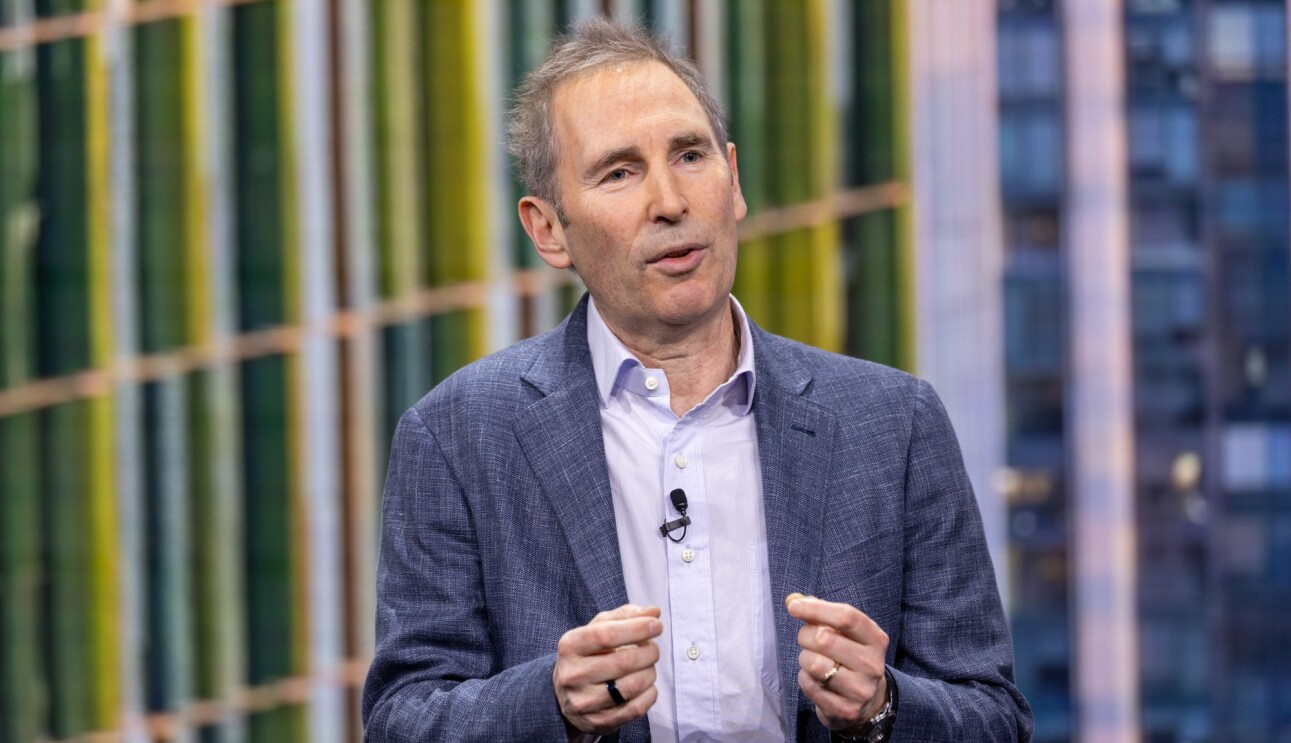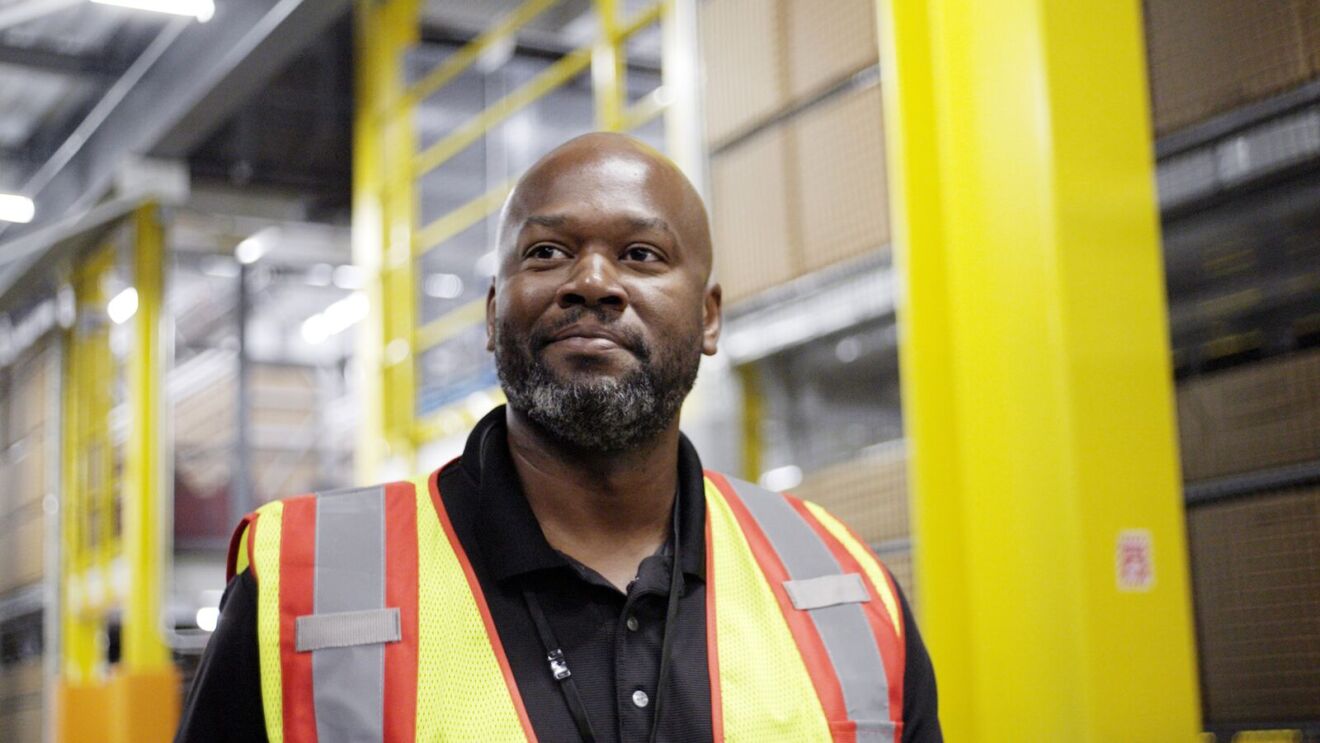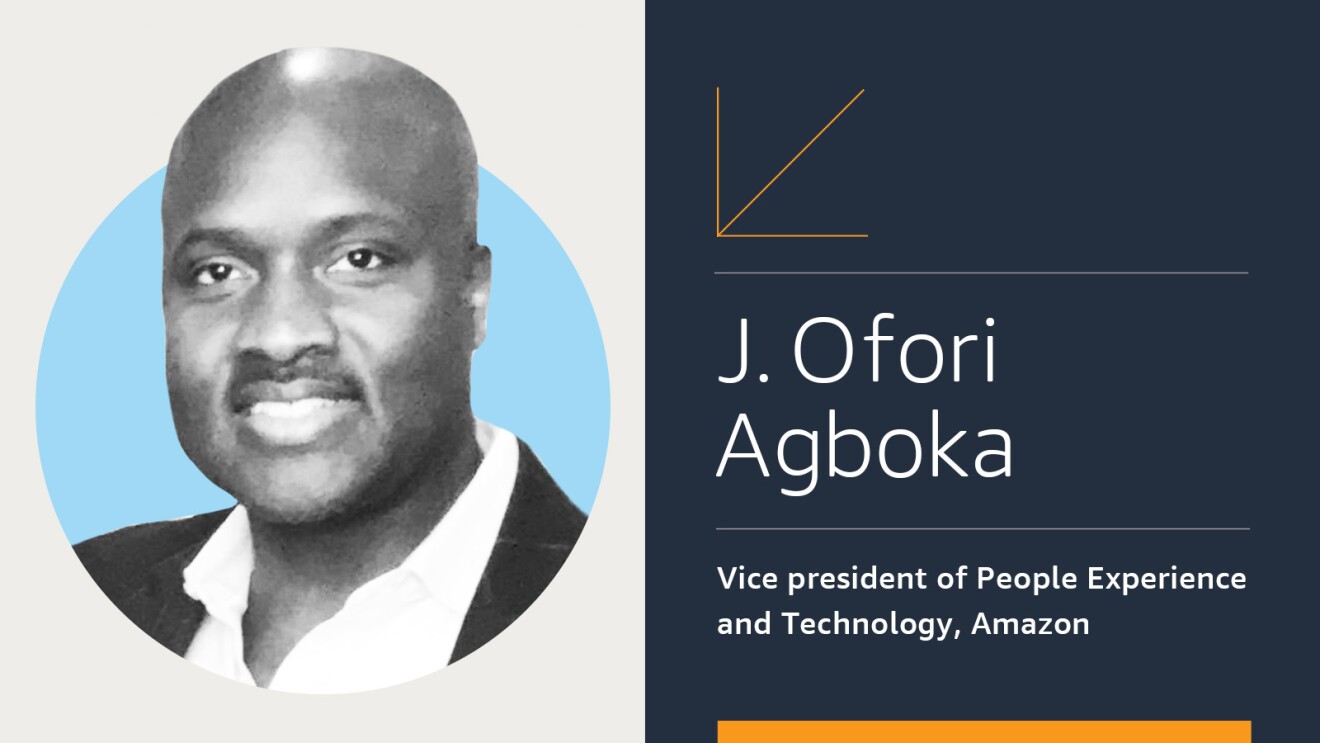
Page overview
Words matter.
I joined my first tackle football team when I was in seventh grade. I put on my pads and helmet for the very first time, laced up my shoes, and was ready to take the field when the coach told me I was too fat and slow to play. He was trying to motivate me, but his words hurt. Fortunately, I took on the challenge to prove him wrong. It was one moment that taught me that words matter. Words have the power to build a person up or break them down, and that impact is especially important when you’re a leader. I choose positive words and actions in my interactions as a leader, even when I have to deliver a tough truth. It’s possible to give candid, constructive feedback without being hurtful.
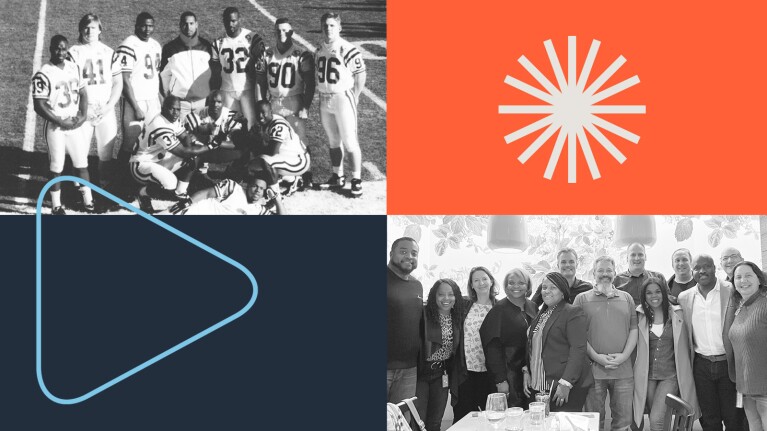
When you change one person’s life, that impact can positively affect their family, community, and everyone around them. In the professional world, that often translates to a positive impact on the person’s team, their business function, and the company as a whole. That’s why investing in the growth of the people who work for your company is so important. Resources like strong benefits, ongoing training, and prepaid education have been game changers for many employees at Amazon. We’ve seen that one person can become a force multiplier for good at the company and in their community when they have the support they need to grow.
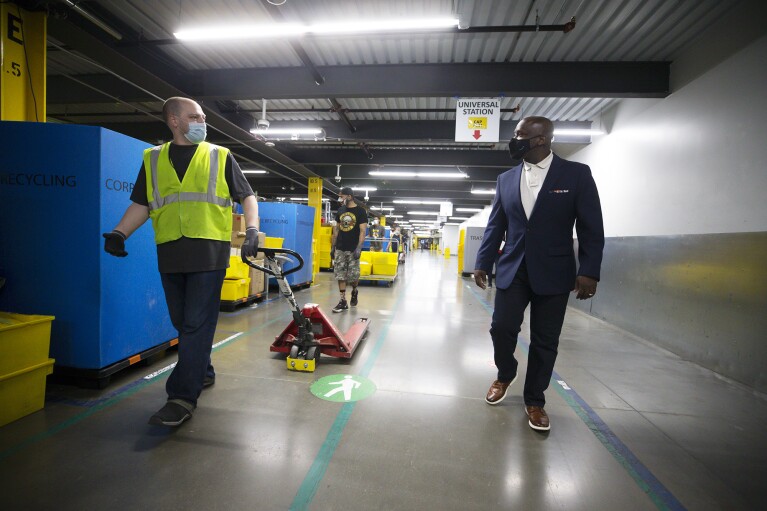 Photo by Brian Sevald
Photo by Brian SevaldThere have been many times in my life and my career when I’ve felt like I was the only one. I’ve often been the only Black man, the only American in the room when I was abroad, the only one who didn’t understand the local language, and the only one who was new to the team. I’ll always remember the people who recognized how I felt and pulled me in. When you do things to help others feel connected, they feel more comfortable contributing and have fewer barriers to creative thinking and delivering results.
I learned a lot about inclusive relationships growing up with parents who practice two different religions—my dad is a Seventh-Day Adventist, and my mom is Baptist. This early life experience taught me the importance of respecting and understanding the differences of others. As difficult as it may be, we have to talk about things like race, gender, sexual orientation, and religious backgrounds, among other things, to build respect, understand one another and truly become a winning team. We all have biases, and people’s lived experiences don't go away when they walk into the workplace. As leaders, we have the responsibility to address bias and create environments that are respectful and inclusive.
One of the biggest lessons I learned playing team sports and in particular football is that everyone has a position to play. Not everyone is the quarterback or the star defensive end – some are coaches, some are even trainers – but everyone has a position and you have to play it well to help the whole team win. All roles at all levels are important regardless of where you sit. There are stats to guide performance in football and the same is true in the workplace. Focus on the deliverables at work and work hard to achieve them. Get candid, real-time feedback to understand your successes and failures so you know where you stand and how you can get better. It is important that leaders support every member of the team to bring out their best. Your individual excellence leads to team excellence. Team excellence leads to functional excellence. Functional excellence leads to company excellence. We all win together.
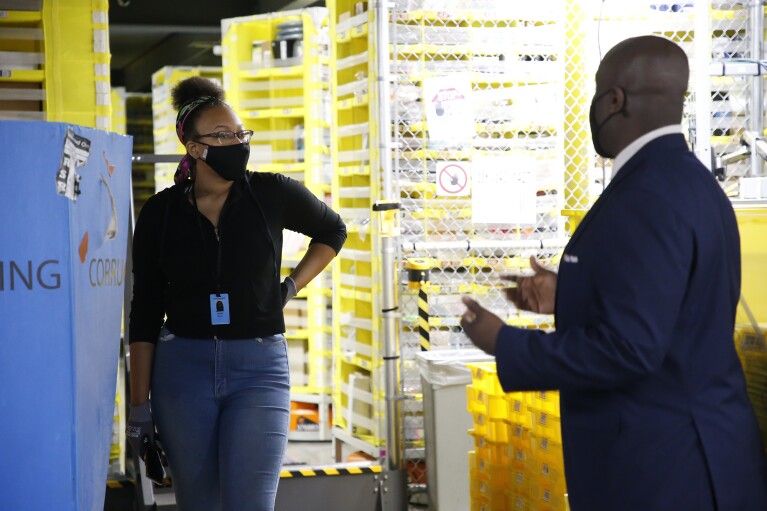 Photo by Brian Sevald
Photo by Brian SevaldTrending news and stories





